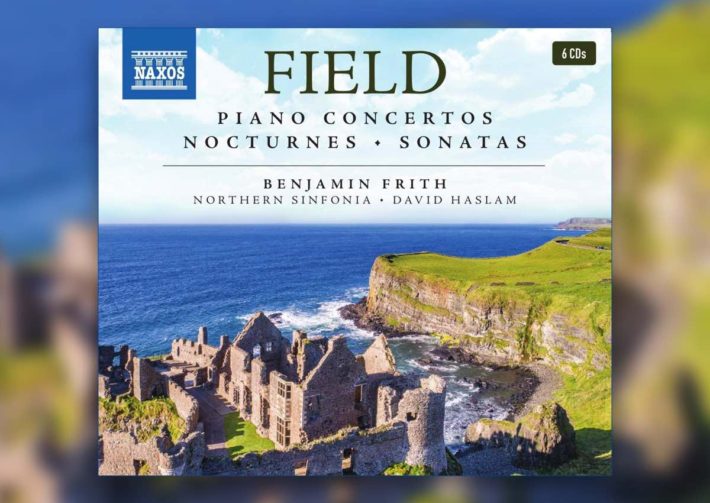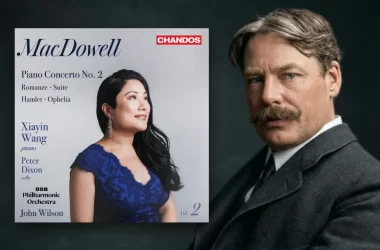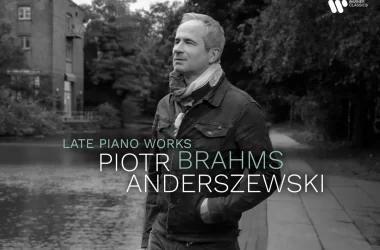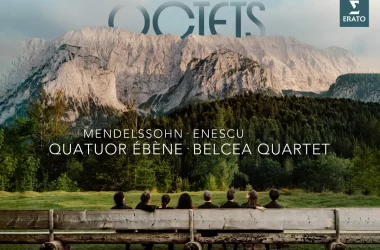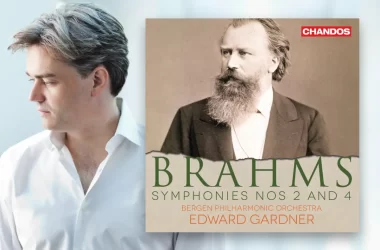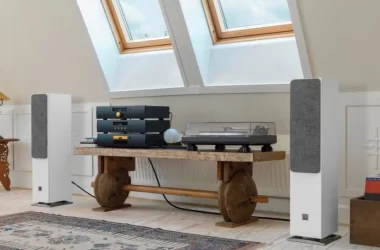Irish composer John Field (1782-1837) is a rather curious case; Is he a late-classical or early romantic? Does his simplicity charming or wanting in diversity or sophistication? There is also some confusion about his output, with many pieces not dated with complete certainty.
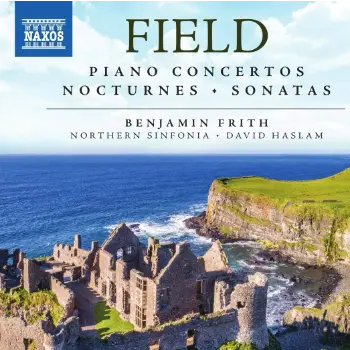
This boxset contains the 6 albums pianist Benjamin Frith released since the mid-nineties for Naxos, including the original cases and booklets. It essentially offers the entire piano and orchestra concertos, as well as the complete nocturnes for solo piano and his 3 early piano sonatas Op. 1.
If one is honest, other than being charming, there is little of musical importance of the 3 first Concertos. With the Fourth, however, things get more interesting, with harmonies that develop beyond the tonic-dominant repetition of early pieces and more sophisticated instrumentation. Field’s final movements in these pieces were often more gracious than fiery, and it’s good that Frith and the Northern Sinfonia under David Haslam do not try and thicken the texture, remaining modestly airy throughout.
Piano Concerto No. 5 is more brilliant pianistically but lacking in purely musical material, resembling some composers from the late classical era (Mozart’s K.503 is echoing through the opening movement). Although the slow movement is charming, with smart transitions from the composer and performers to the finale. No. 6 is more ambitious in terms of orchestral writing, almost experimental (in terms of Field, that is), making one feels the composer is trying new techniques for the intricate task of writing for soloist with orchestra, but unfortunately fairs less successfully from other composers from the period.
The last volume to be released in this series contains the Piano Concerto No. 7 (recorded with the other concertos in the mid-nineties) along with the “Irish Concerto” – an arrangement to the early concerto No. 2 – and the Piano Sonata No. 4. The seventh concerto, perhaps the best organized and “professional” sounding from the concertante works, was famously performed in Paris on Christmas Day, 1832, a concert which was attended by Chopin and Liszt. It’s also the most memorable concerto from a performance standpoint, receiving an enthusiastic treatment from all parties.
Nocturnes
Field is considered the inventor of the Nocturne, an assessment still debated. His 18 pieces under this name were surely influential and well-loved in its day, impressing Chopin and other composers. Again, quite charming works, but don’t expect Chopin’s fluidity or sense of danger coming off from his best nocturnes. Field’s are simpler, almost minimal in range, not necessarily benefiting from continuing listening as a group. This is why incorporating the early Sonatas in between few nocturnes, as done here, is a wise move. Nothing wrong with the interpretation either, most likely the best one can hear on record today, with other versions such as Elizabeth Joy Roe’s Decca attempt or Miceal O’Rourke (Chandos) pale in comparison. And the atmospheric recording is suitable to the interpretation.
A recommended set for the curious listener than, with dedicated performances of a distinguished exponent of this often lovely music. Priced at less than $40 for 6 DC’s on the date this review is published, it also represents an attractive value, with other memorable sets of this music such as Miceal O’Rourke’s still sold at full price.
John Field – Piano Concertos No. 1-7, Irish Concerto, Nocturnes No. 1-18, Piano sonatas No. 1-4
Benjamin Frith – Piano
Northern Sinfonia (Concertos 1-7)
David Haslam – Conductor (Concertos 1-7)
Royal Scottish National Orchestra (Irish Concerto)
Andrew Mogrelia – Conductor (Irish Concerto)
Naxos, Box 8.506033 (6 DCs)


